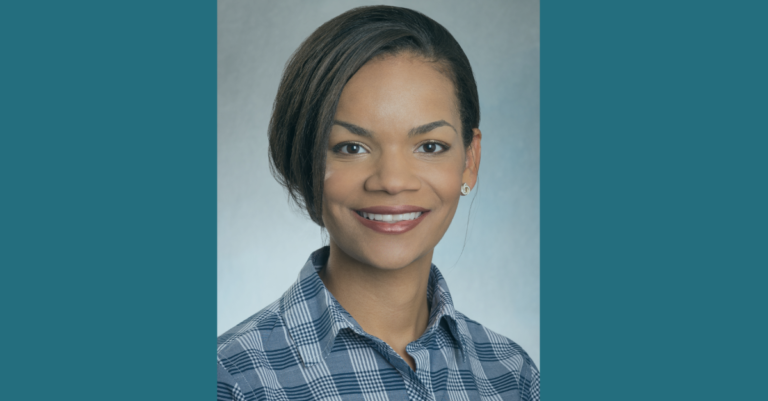
What proportion of patients with psoriasis may develop accompanying arthritis?
A 70-year-old female with psoriasis presents with a four-month history of worsening arthralgia. She mentions ... Read more
Figure 1
Updated February 27, 2019 by Figure 1
Learn about medicine and how to become a physician in our articles for pre-medical students (including the MCAT), medical students, resident physicians, and practicing physicians.

A 70-year-old female with psoriasis presents with a four-month history of worsening arthralgia. She mentions ... Read more
Figure 1
Updated February 27, 2019 by Figure 1

Step 1 of the United States Medical Licensing Examination (or USMLE) covers all preclinical topics ... Read more
Cassie Kosarek
Updated June 24, 2022 by Cassie Kosarek

It’s hard to be a pre-med. There are high expectations for the types of experiences ... Read more
Joel Butterly
Updated June 24, 2022 by Joel Butterly

A 32-year-old female presents with a headache and a rash on her trunk and extremities. ... Read more
Figure 1
Updated February 27, 2019 by Figure 1

What Routines Do Medical Students Find Helpful When Drinking from the Firehose? Listener Meghan is ... Read more
The Short Coat Podcast
Updated February 27, 2019 by The Short Coat Podcast

Adaira Landry, MD, MEd, is the Assistant Residency Director for the Harvard Emergency Medicine Residency. ... Read more
Student Doctor Network
Updated August 23, 2022 by Student Doctor Network

Her snacks were delicious, but you’ll never guess her secret ingredient. Irisa Mahaparn, Tony Rosenberg, ... Read more
The Short Coat Podcast
Updated June 24, 2022 by The Short Coat Podcast

A 19-year-old female exchange student presents to the emergency department with severe abdominal pain and ... Read more
Figure 1
Updated February 27, 2019 by Figure 1

I resisted dating my long-time friend for months after it became obvious that we were ... Read more
Cassandra Hollman
Updated June 24, 2022 by Cassandra Hollman

A 28-year-old woman presents with a one-week history of a slightly raised erythematous lesion on ... Read more
Figure 1
Updated February 27, 2019 by Figure 1

Spoiler alert: don’t “prepare” during the summer before you arrive at medical school. Listener Amanda ... Read more
The Short Coat Podcast
Updated June 24, 2022 by The Short Coat Podcast

One of the questions that we hear most often from students is “How do I ... Read more
Cambridge Learning Center
Updated June 24, 2022 by Cambridge Learning Center

In both high school and college, we get used to our peers being our age. ... Read more
Adelle
Updated June 24, 2022 by Adelle

Our own Claire Castaneda won first place in the Carver College of Medicine’s Carol A. ... Read more
The Short Coat Podcast
Updated June 24, 2022 by The Short Coat Podcast

A 66-year-old male with a history of hypertension presents to the emergency department with dyspnea ... Read more
Figure 1
Updated February 27, 2019 by Figure 1

With so many deadlines and moving parts to med school apps, it’s easy to become ... Read more
Haziq Siddiqi
Updated June 24, 2022 by Haziq Siddiqi

The same afternoon that I offered to write an article espousing all of my triumphs ... Read more
Kara Hessel
Updated February 16, 2019 by Kara Hessel

25-year-old male presents to the emergency department with headache, retro-orbital pain, and diplopia when gazing ... Read more
Figure 1
Updated February 27, 2019 by Figure 1

It’s time for a change, whether we want it or not. Oh, gosh. It’s Kaci ... Read more
The Short Coat Podcast
Updated June 24, 2022 by The Short Coat Podcast
Current phase of the application cycle.
You are viewing information for the Early Prep phase of the application timeline.